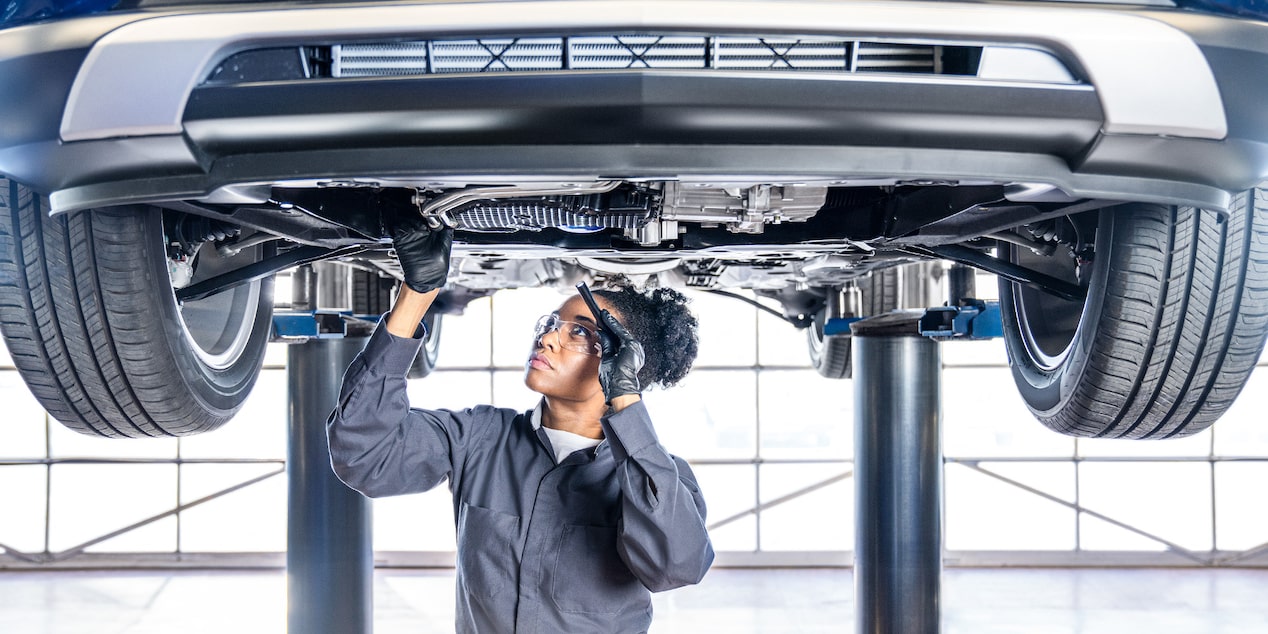All Categories
Featured
Your auto is an essential part of your day-to-day life, and taking excellent treatment of it guarantees that it serves you dependably for many years to find. While modern-day lorries are designed to be long lasting, overlooking correct maintenance can cause unnecessary malfunctions and costly repairs. Right here's just how you can maintain your auto running longer and in peak problem.
- Stick To Routine Maintenance. The foundation of a resilient vehicle is regular upkeep. Follow your producer's recommended maintenance routine, which can commonly be found in your vehicle's owner's guidebook. Routine tasks like oil modifications, tire rotations, and brake checks prevent deterioration and keep your vehicle doing optimally.
Disregarding oil changes is just one of the quickest ways to damage your engine. Clean oil makes sure correct lubrication and stops overheating. Depending upon your car and driving routines, oil adjustments are normally needed every 3,000 to 5,000 miles or as specified by the supplier.
- Inspect and Replenish Liquids. Your automobile depends on several fluids to operate efficiently. These consist of engine oil, transmission fluid, coolant, brake liquid, and power steering liquid. Low or unclean liquids can cause engine getting too hot, slipping gears, and brake failing.
Make it a behavior to examine liquid degrees consistently. If you notice a significant decrease in fluid levels, it might suggest a leakage that needs immediate focus. Keeping fluids clean and at the ideal levels ensures your cars and truck runs successfully and prevents expensive repair work.
- Keep an Eye on Your Tires. Tire maintenance is essential for both security and efficiency. Incorrectly filled with air tires can decrease gas efficiency, trigger irregular wear, and raise the danger of blowouts. Examine your tire stress month-to-month and guarantee it matches the producer's referrals.
Rotating your tires every 5,000 to 7,500 miles advertises also use and prolongs their life-span. Additionally, inspect your tires for any type of indications of damages, such as cuts, protrudes, or reduced tread deepness, and replace them when required.
- Change Worn Parts on Time. Ignoring worn-out parts can lead to bigger issues down the road. As an example, falling short to change a worn timing belt can lead to engine failure. Used brake pads can harm rotors, leading to expensive fixings.
Be positive concerning changing parts such as stimulate plugs, filters, and belts according to the supplier's standards. Utilizing top quality substitute parts ensures far better performance and longevity.
- Exercise Gentle Driving. The way you drive considerably impacts the life expectancy of your car. Hostile driving practices, such as rapid velocity, unexpected stopping, and hard cornering, placed added stress on the engine, brakes, and tires.
Instead, adopt smooth driving methods. Increase slowly, keep a steady rate, and brake carefully whenever possible. This decreases damage on your vehicle's elements and boosts fuel effectiveness.

- Shield Your Cars and truck's Exterior. Keeping your automobile clean isn't nearly looks-- it's concerning avoiding damages. Dirt, roadway salt, and gunk can cause deterioration and corrosion, especially in the undercarriage. Routine cleaning, specifically during winter or after driving on salted roads, is necessary.
Waxing your automobile every couple of months supplies a safety layer versus environmental damage. Additionally, park your car in a garage or use a cars and truck cover to shield it from rough weather and UV rays, which can discolor the paint and damage the inside.
- Do Not Ignore Warning Signs. Dashboard warning lights are your vehicle's means of informing you something needs interest. Whether it's the check engine light, reduced oil stress, or tire stress caution, dealing with these signals promptly can prevent small issues from ending up being significant repair work.
If you observe uncommon noises, vibrations, or modifications in your car's efficiency, do not ignore them. A specialist mechanic can identify and repair the problem before it intensifies.
- Shop Your Vehicle Appropriately. If you're not utilizing your auto for an extended period, appropriate storage space is vital. Keep your cars and truck in an awesome, completely dry location to safeguard it from climate damage. Utilize a battery tender to preserve the battery fee and include a fuel stabilizer to stop the gas from deteriorating.
[1].jpg)
Beginning the cars and truck occasionally or taking it for a short drive can maintain all systems in working order and protect against components from confiscating up.
Final Thought: Uniformity Is Secret. Maintaining your auto running much longer does not require complex measures-- simply uniformity and attention to information. Regular upkeep, gentle driving behaviors, and dealing with problems without delay can make all the difference. Treat your auto with treatment, and it will compensate you with dependability, far better performance, and years of reliable service. Keep in mind, a properly maintained car isn't just a vehicle-- it's tranquility of mind on every trip.
Latest Posts
The Relevance of Normal Aftercare
A Raised Culinary Experience
A Historical Coastline Destination with Modern Delights
